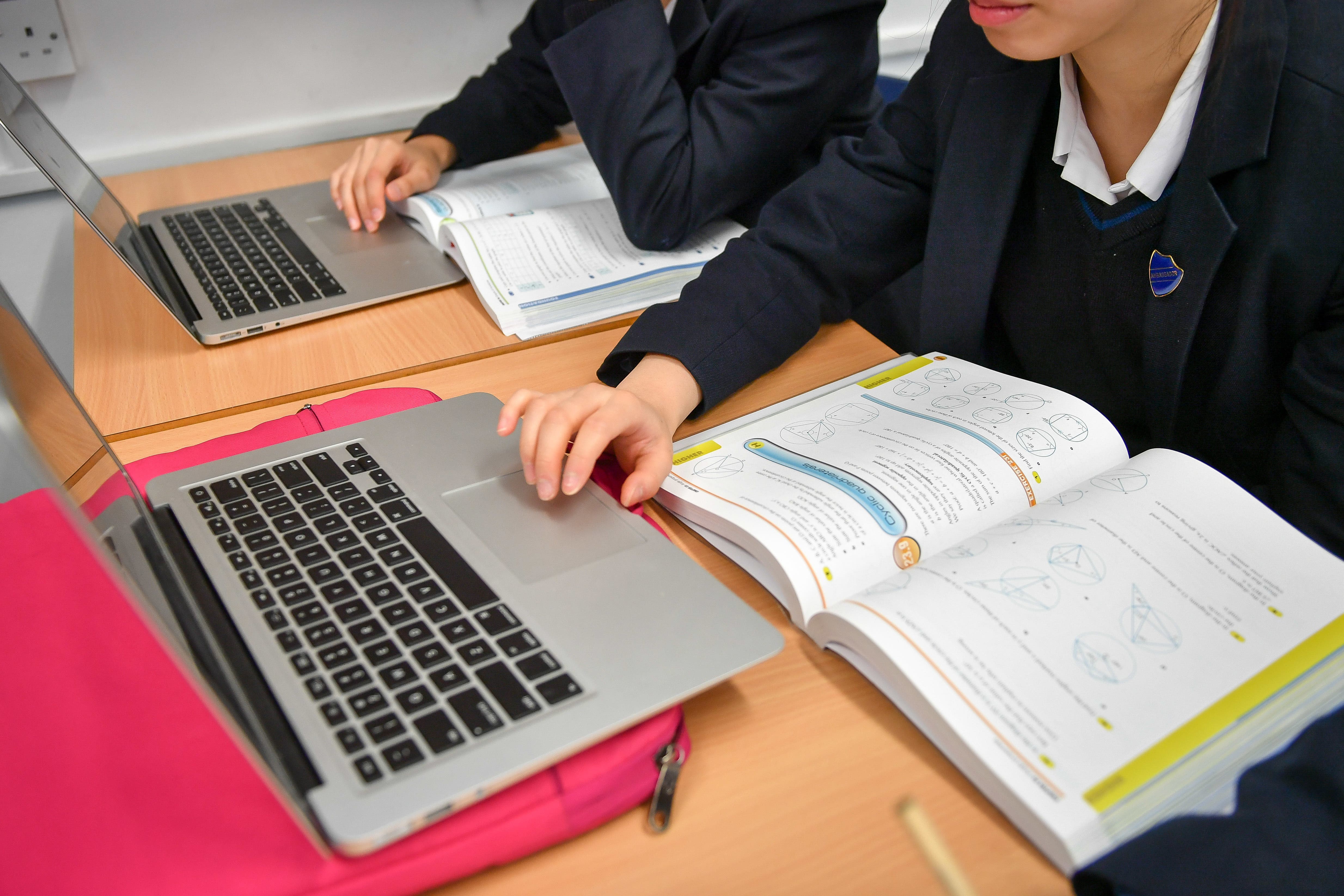A free ‘personal tutor’ for every child – artificial intelligence could revolutionise the way we teach
New technologies could help teachers to manage their workloads more effectively, and even give students personalised feedback on their work, writes education minister Diana Barran

Long before ChatGPT was born, Rita Skeeter – the witch and reporter in Harry Potter and the Goblet of Fire – was the proud owner of a “Quick Quotes Quill” which could write her articles instantly. We all, including our children, now have similar magic at our fingertips, with ChatGPT and other large language models on our phones. However, unlike Rita Skeeter, we want to be sure that these tools are used honestly and for our personal and mutual advancement.
The AI genie is out of the bottle – the question is how we should use it to best effect. In medicine, artificial intelligence is supporting doctors to assess patients and make important diagnoses. Businesses across the world are also using it to streamline processes and boost employee productivity.
AI has huge potential in our schools, colleges and universities too, helping teachers and lecturers to manage their workloads more effectively, and even giving students personalised feedback on their work.
But can it do more?
Could AI help children with special needs and disabilities learn more intuitively? Could it ease a teacher’s administrative burden by doing the heavy lifting on routine tasks like marking? Could it help reduce the attainment gap for disadvantaged children by giving them a free “personal tutor”?
We need to know the answers to be able to get the most out of it, and to make sure that we design carefully how we keep a “human in the loop”, because our strongest asset in England will always be our brilliant teaching workforce.
Today, Gillian Keegan, the education secretary, will announce a call for evidence on the use of AI in education settings. This is a chance for everyone who has a view on how we might harness generative AI effectively and safely across education to have their say.
We want teachers and school leaders, lecturers and classroom assistants, practitioners and academics to contribute and tell us what they think so that we can learn from their experiences. We want experts in technology and in data privacy to share their views. This will inform how we channel these extraordinary new technologies for the benefit of all.
We know that with any new technology comes risk. This is why the prime minister’s commitment to hold the first global summit on AI safety this autumn is so important. But what we can’t do is pull up the drawbridge.
More broadly, we all will need to build our digital skills – whatever our digital starting point. Which is why from September this year, adults with low levels of digital skills will be able to study new Digital Functional Skills Qualifications. These will give all adults a chance to get the essential digital skills they need to participate actively in modern-day life and work, from managing finances online to utilising workplace digital tools, such as email and virtual meeting applications. This will prepare people to take on new jobs with more confidence, or just to approach online life without being too scared to press “send”.
We know that technology is developing at breakneck speed. It is going to have a huge impact on us, on the way we live, learn and work. We owe it to the next generation to maximise its potential, help grow the economy and, like Rita Skeeter, harness its magic.
Baroness Barran MBE is minister for the school system and student finance



Join our commenting forum
Join thought-provoking conversations, follow other Independent readers and see their replies
Comments